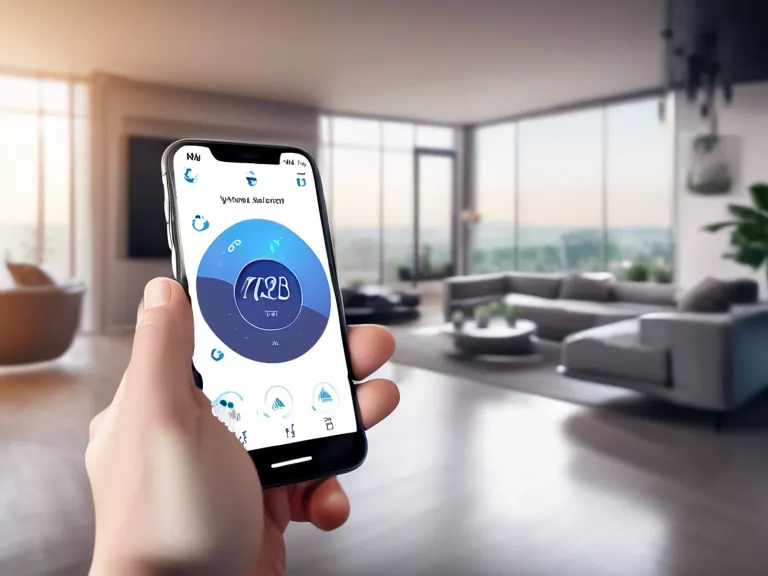
Introduction
Smart home technology has revolutionized the way we live, offering convenience, security, and energy efficiency. As businesses continue to adapt to the ever-evolving landscape of technology, integrating smart home living into their operations is becoming increasingly crucial. In this article, we will explore the implications of smart home living integration for businesses and how it can shape the future of various industries.
The Rise of Smart Home Technology
Smart home technology encompasses a wide range of devices and systems that are connected and controlled remotely. From smart thermostats and lighting to security cameras and voice assistants, these devices offer homeowners unprecedented control over their living spaces. The convenience and efficiency provided by smart home technology have made it increasingly popular among consumers, with the global smart home market projected to reach $135 billion by 2025.
Benefits of Smart Home Integration for Businesses
Enhanced Customer Experience
By integrating smart home technology into their operations, businesses can provide customers with a seamless and personalized experience. For example, hotels can use smart room controls to adjust lighting and temperature settings based on guest preferences, enhancing their overall stay. Retailers can leverage smart displays and beacons to deliver targeted promotions and improve customer engagement.
Increased Efficiency and Cost Savings
Smart home technology can help businesses streamline their operations and reduce costs. For instance, offices can use smart lighting and thermostats to optimize energy usage and create a more comfortable work environment. Retailers can implement smart inventory management systems to track stock levels in real-time and prevent overstocking or stockouts.
Data-driven Insights
Integrating smart home technology allows businesses to collect valuable data on customer behavior and preferences. By analyzing this data, businesses can gain insights into consumer trends, optimize their marketing strategies, and tailor their offerings to meet customer needs effectively.
Industries Poised for Transformation
Real Estate
Real estate developers and property managers can leverage smart home technology to attract tenants and increase property values. Smart features such as automated lighting, security systems, and energy management can differentiate properties in a competitive market and appeal to tech-savvy buyers.
Hospitality
The hospitality industry can benefit greatly from smart home integration to enhance guest experiences and streamline operations. Hotels can implement keyless entry systems, smart room controls, and personalized services to create a memorable stay for guests while improving operational efficiency.
Retail
Retailers can use smart home technology to create immersive shopping experiences and drive sales. By implementing smart displays, interactive kiosks, and personalized recommendations based on customer data, retailers can engage shoppers and increase conversions both online and in-store.
Conclusion
As smart home technology continues to advance, businesses across various industries have the opportunity to transform their operations and enhance customer experiences. By embracing smart home integration, businesses can stay ahead of the curve, drive innovation, and unlock new opportunities for growth in the rapidly evolving digital landscape.

